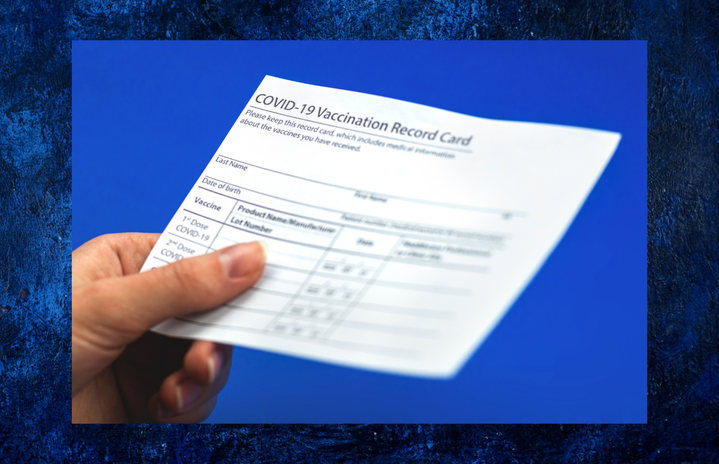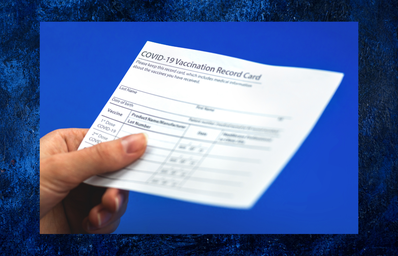As Pfizer releases its third COVID-19 vaccine shot, debate has emerged about whether the general public should get it and whether third vaccine shots in first world countries are ethical while some in the developing world await their first.
The F.D.A. has approved COVID-19 booster vaccine shots for people who are 65 or older, immunocompromised, live in long-term care facilities and work in jobs that put them at risk, according to the New York Times.
Neil Jay Sehgal, assistant professor of health policy and management at the School of Public Health, said that the general population may not benefit as much from a third shot as they may think.
“Earlier in the summer the federal government decided that vaccines were our way out of the pandemic,” Sehgal said, “when in reality there are many other protective measures that may be more effective for vaccinated people than getting another vaccine.”
The main goal of the COVID-19 vaccines are to lower the risk of hospitalization and death, Sehgal said. He said that the first two shots are mostly effective under that definition for most college-aged students without underlying health issues. However, he said they may not be perfect in eliminating breakthrough cases.
In this line of thinking, Sehgal said research is still unclear on whether a third shot will be an effective method for preventing a breakthrough infection in those already vaccinated. Continuing to physically distance and wear masks has already shown to be a better method to prevent these cases, said Sehgal.
Amid the effectiveness debate, some raise ethical concerns that the third doses provided to the U.S. will take away from developing nations that are still waiting for their first shots. Emily Condon, a freshman journalism major, said that this is a factor important to her when discussing third shots.
Coming from a community that had a high death toll from COVID-19, Condon firmly believes that getting vaccinated is essential for one’s own health and the protection of others. She said that she will get a third vaccine if it becomes available and is effective, but feels the priority should be given to those who have not had their first shots.
“COVID-19 is a global problem, not just a United States problem,” Condon said.
Sehgal said that he hopes the Biden administration will stick to its promise to provide more vaccines for the developing world but feels not enough has been done yet.
“It does seem ethically problematic that wealthy countries are benefiting from third, some considering fourth doses, when much of the rest of the world isn’t even on their first shot,” Sehgal said.



